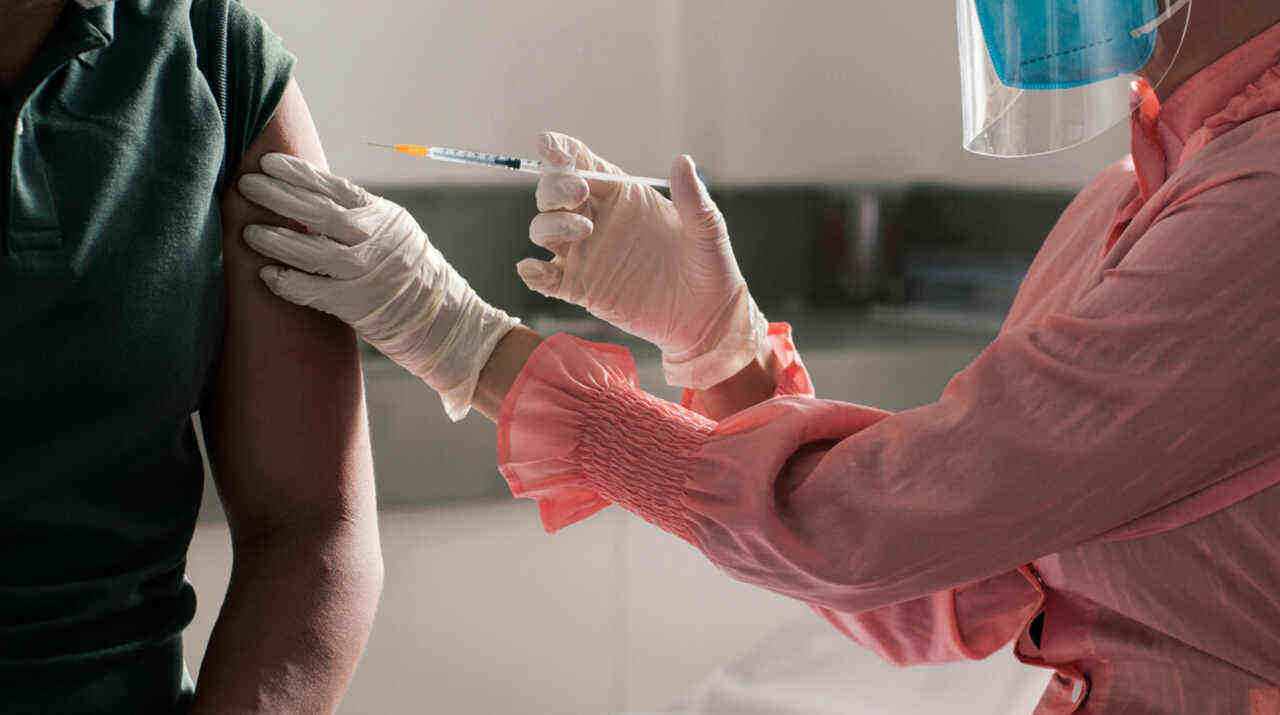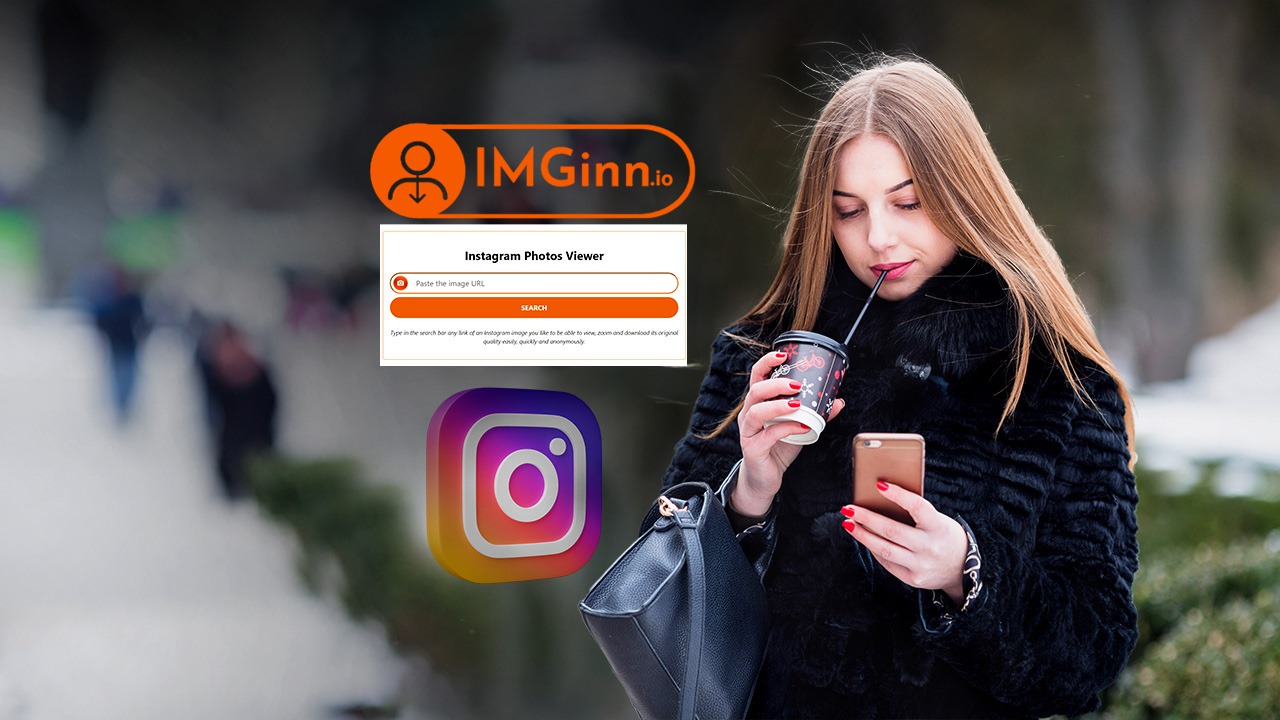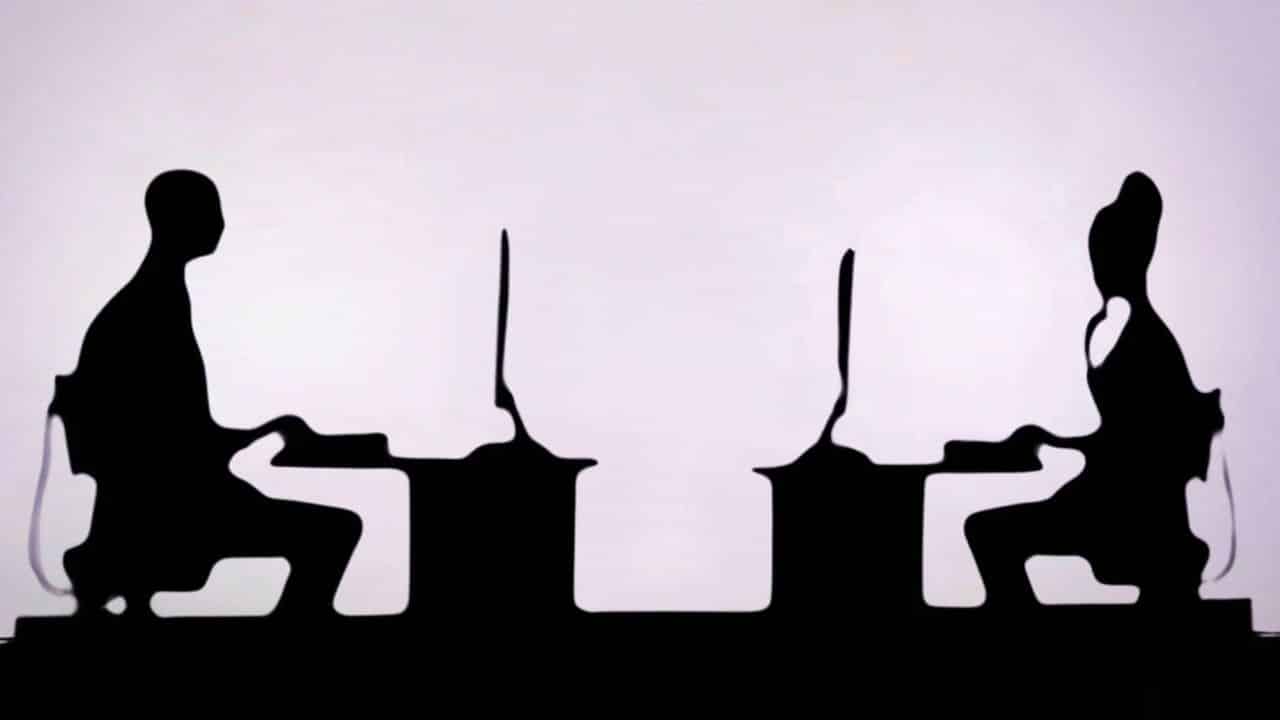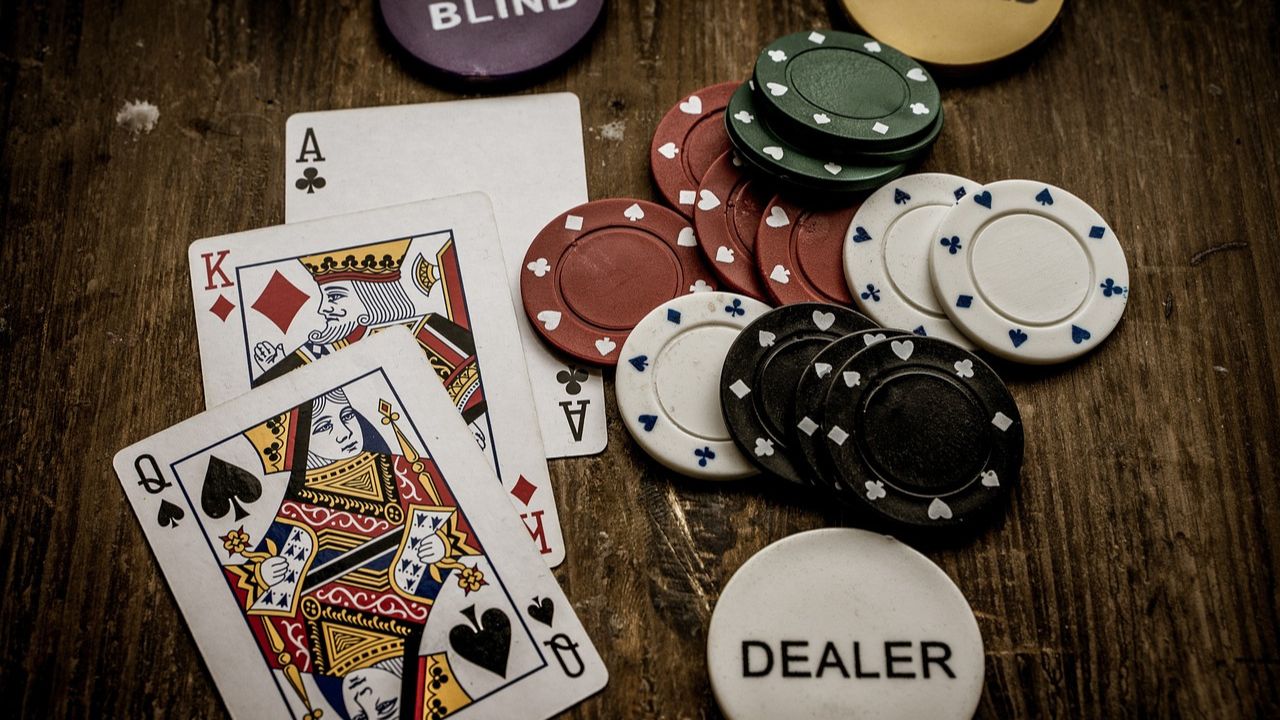After a fun day at the park with friends in October, I began to feel a little weird. It wasn’t anything serious; I had a minor sore throat and a fever, and despite having enough sleep, I was really weary. Nonetheless, I was concerned that I might have inadvertently exposed my pals to COVID-19. I chose to get tested at a nearby urgent care facility, and I received my findings via email a few days later. I’d come back with a negative result.
I felt both relieved and perplexed. Is it possible that the test was incorrect? I began to feel better a few days after my results were received, and none of my friends, including my housemates, had been sick before or after I had been. Even so, I wondered whether there had been a blunder.
I’m not the only one that thinks this way. COVID-19 testing was nearly impossible to come by at the start of the pandemic, but it is increasingly prevalent — as have worries about the tests’ accuracy. Nowadays, there are plenty of clinics for covid testing in Tustin, and all across the country, making testing very accessible to everyone.
There is no such thing as a flawless test, whether it’s for COVID-19 or another illness or medical condition, and erroneous results are always possible. However, since the virus’s discovery, COVID-19 test accuracy has increased, and scientists now have evidence that the most effective tests, such as PCR and another molecular testing, are frequently right. If you suspect a misleading result, it’s a good idea to double-check your results with another test. However, false-positive results may be uncommon in the most effective tests. False negatives with these tests are also unusual, especially if you have symptoms. Even so, a variety of individual factors influence accuracy, such as the sort of test you take, whether you have symptoms, and so on.
If you test positive for COVID-19 and assume you have the virus, self-isolate regardless of your results. You don’t want to infect others unknowingly, even if you suspect a false positive and are awaiting a second test.
Nam Tran, a professor of pathology and laboratory medicine at the University of California, Davis, thinks it’s better to be safe than sorry.
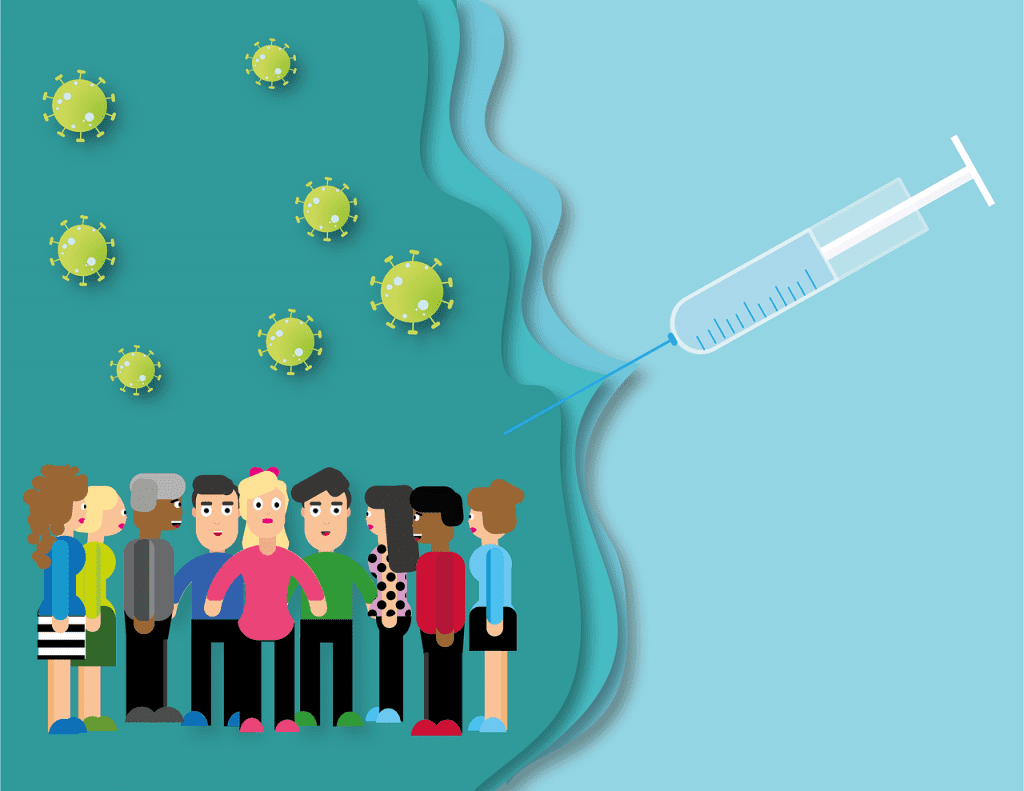
Taking measurements
Specificity and sensitivity are two ways to assess test accuracy, according to Shangxin Yang, associate medical director of UCLA Health’s clinical microbiology laboratory. The percentage of true positive cases that are appropriately recognized as positive is known as sensitivity. “If a test is less sensitive,” Yang explains, “you can get more false-negative findings,” referring to those who test negative but are actually positive.
The percentage of those who will appropriately test negative out of all those who are negative is known as specificity. It’s more likely for a test to yield false positives if it’s less specific. A test with an 80 percent specificity, for example, has a 20% false-positive rate. On the other side, if it has a sensitivity of 80%, it has a 20% false-negative rate.
An active COVID-19 infection can be detected using one of two types of tests. A third identifies antibodies produced by the immune system in response to infection or vaccination. As a result, antibody tests can only tell if a person has been infected with the virus or has been vaccinated. A molecular test, which detects sections of the virus’ genetic material, is the most accurate diagnostic for active infections. A PCR test, which stands for Polymerase Chain Reaction and is the name of the procedure used to amplify the amount of virus to detectable proportions, is the “gold standard” for this.
According to Justin Lessler, an epidemiologist at the University of North Carolina’s Gilling School of Global Public Health, “that allows us to detect even minute levels of viral material.”
Results normally take one to five days, while Tran claims that some modern PCR tests can be completed in less than 30 minutes.
According to Yang, most molecular tests, particularly PCR testing, are 99 percent or more specific, implying that the chance of a false-positive test is extremely low, about one percent. The tests are also extremely precise. Yang and colleagues showed that participants who took more than one PCR test had a false negative rate of roughly 2% in a real-world context, according to a study published in February. PCR false-negative rates, according to Tran, are likely between one and four percent. A 3.5 percent false-negative rate was discovered in a study of two separate testing facilities. Lessler predicts a greater proportion of false negatives, maybe as high as 10% or more; one research showed a rate slightly lower than that.
An antigen test, for example, identifies proteins called antigens that are associated with viruses. Antigen testing is faster than PCR and many other types of molecular tests, yielding answers in as little as 15 minutes and eliminating the need to send samples to a lab for analysis. Many are available in pharmacies and can be done at home, however, some require the assistance of a professional. They’re less reliable than PCR and other molecular tests in general, but how much less accurate they depend on the situation, especially if you have symptoms, according to Yang.
Outside of the lab
Specificity and sensitivity should, in theory, determine how likely your test is to be correct. In practice, however, more factors than the chemistry of the tests influence their accuracy.
One of the most significant factors to consider is whether or not a person has symptoms, as persons who have symptoms have more viruses for testing to detect. This is especially true when evaluating antigens. Antigen testing is 80 to 90% as sensitive as molecular tests if you have symptoms, according to Yang. However, without symptoms, the sensitivity of molecular testing might drop to less than 50%, which means you could get a false negative result. Antigen tests have a sensitivity rate of 40-80 percent in general, and Yang believes they’re most accurate if conducted within one week of the onset of symptoms. Antigen tests, on the other hand, have a high specificity of 95-98 percent, according to Yang, however, they can still produce false-positive findings in places where the majority of people are not affected. In reality, the FDA issued a warning in November 2020 that fast antigen tests can result in false-positive results.
According to Yang, whether you do a blood test or a urine test, your positive result is more likely to be correct if you live in an area where many individuals are sick. A positive test result is more likely to be inaccurate if COVID-19 is relatively infrequent in a certain area.
Positive results are more likely to be correct if you have any close contact with an infected person. A negative outcome, on the other hand, is more likely to be inaccurate. According to research based on case data from Shenzhen, China, the false-negative rate for close contacts was around 36%, despite the fact that many of these close contacts never had any symptoms.
“I believe you must constantly place these numbers in the context of the scenario,” Yang explains.
Your findings may be influenced by when and how you are tested. In the same Shenzhen investigation, researchers discovered that four days after the onset of symptoms, participants were the least likely to have a false-negative result. Testing done 12 or 24 hours after exposure, especially for those without symptoms, will nearly never register as positive, according to Lessler, one of the study’s authors.
It’s also important to know where your sample originated. According to Yang, nasopharyngeal swab tests, in which a sample is taken from the very top of the nose, are more accurate than swabs taken from the lower region. Although these tests are unpleasant, Yang claims that there is usually more virus to identify. Another study found that saliva samples are quite accurate, but only for persons who are experiencing symptoms.
What exactly does it all imply?
It’s safe to say that determining a test’s correctness is difficult. PCR and another molecular COVID-19 testing, on the other hand, are usually quite accurate. If you have symptoms, have been exposed to someone who has COVID-19, or resides in a region where there are a lot of positive cases, the accuracy increases even higher. Antigen tests, some of which may be performed at home, are a quick and simple alternative to most molecular testing, which require results to be sent to labs in most circumstances. They are, however, less accurate, particularly if you don’t have any symptoms. Here’s where you can discover a local testing location in the United States.
You can always get tested again if you have reason to mistrust your outcome. “If you think it’s wrong, that’s the easiest thing,” Lessler adds. Perhaps you have no symptoms, tested positive in a low-case area, and don’t know anyone who could have been exposed. Alternatively, you may have tested negative after being exposed to someone who has COVID-19 but later experienced symptoms. Consider getting a PCR test if you used an antigen test the first time. “If it’s positive, it’s pretty certainly right,” Lessler adds if you’ve already had a PCR.
I’ll never know whether or not my test was incorrect. That said, that was most likely correct. I had no previous COVID-19 exposures, case numbers were low at the time, and I used a highly accurate PCR test. It’s more than likely that I was infected with the flu or another illness. If you’re sick, however, you should do what I did and stay at home.
“Avoid touch the same way you would before COVID,” Tran advises. “You don’t want to be coughing on somebody if you’ve got the flu or a cold.”
Apart from this, you can also read Entertainment, Tech, and Health-related articles here: PDF Drive, How to delete Reddit Account, Sweet Home Season 2, How much are perals worth, Rainbow Kiss, MovieRulz, Sex Education season 3, NFL Live Stream, Youtbe, Bailey Sarian Net Worth, Bollyshare, Afdah, 1616 Angel Number, 444 Angel Number, Moviezwap, Y8, Jalshamoviez, Project Free TV, Kickassanime, 777 Angel Number, Kissasian, 666 Angel Number, 333 Angel Number, Holiday Season, Samsung Galaxy Z Flip 3 review, PUBG Launch Date in India, Sears Credit Card, GoDaddy Email, Free Fire Redeem Code, Mangago, Jio Rockers, Eye Shapes, M4uHD, Fever Dream, Moon water, iPhone Headphones, Spanish Movies, Hip dips, M4ufree, NBAstreams XYZ, CCleaner Browser review, Avocado Calories, Bear Grylls net worth, Rihanna net worth 2021, Highest Paid CEO, The 100 season 8, Sundar Pichai net worth, Grimes net worth, F95Zone, how to change Twitch name, Sherlock Season 5, Homeland Season 9.

